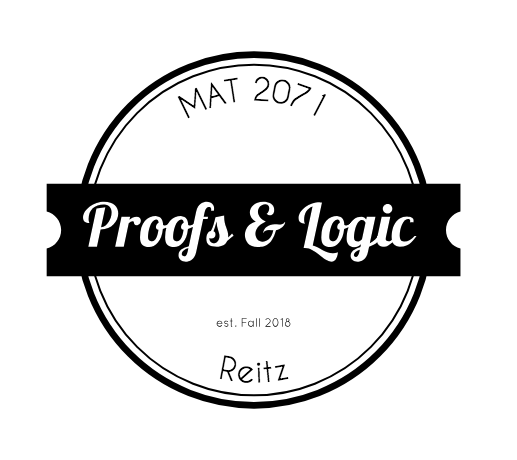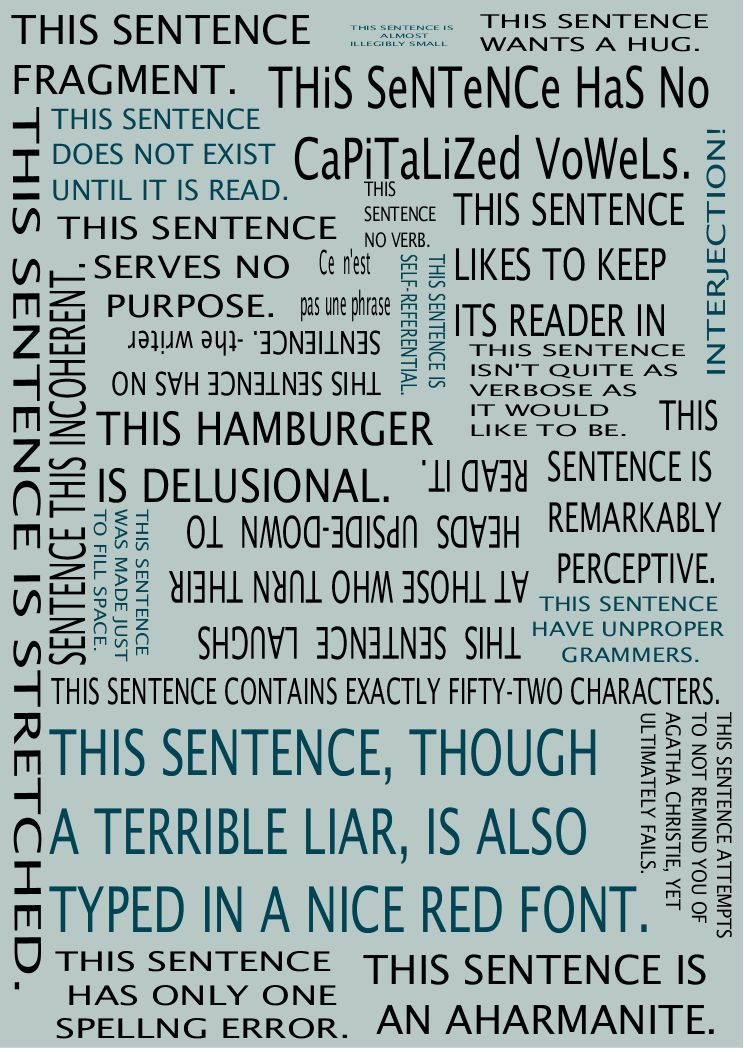This assignment is due Thursday, September 13, at the start of class.
Assignment. Choose ONE of the following two topics. Write a reply to this post, responding to the topic. Begin by telling us which topic you chose. (1-2 paragraphs).
Topics.
- Sometimes people can recognize a time when their opinion of math dramatically changed either for the better or the worse. If such a time happened to you, tell us about it.
- Choose an experience you had in which you suddenly understood a math concept (it could be any kind of math, from elementary school up through college). Describe what happened. Do you think you could explain it to others in a way that they could have the same flash of understanding?
Extra Credit. For extra credit, write a response to one of your classmates’ comments. Do you feel the same, or different? Did you learn anything? Did you get any ideas about teaching, or about learning?
Why are we doing this, anyway? We are following two ideas that have come up already in class — things that may not seem related to learning math, but research shows that engaging in these activities can dramatically increase the amount that you learn, and change the way you learn it. The first is writing – something not typically associated with mathematics. When you express your ideas in words, it forces you to think them through very carefully, detail by detail. A great way to check and see if you really understand something is to try to explain it to someone else, either out loud or in writing. Example: if you know how to add fractions, try teaching it someone who doesn’t know how. The second is called metacognition, or “thinking about thinking.” This happens when you think about what was going on in your head while you were working on a problem or trying to learn a new idea. What train of thought did you follow? Where did you get stuck, and what did you do next? What were you feeling at the time? and so on. Combining writing and metacognition can be a tremendously powerful tool in identifying the ways we learn best and the ways we make mistakes, and learning to improve. However, like any skill, it takes practice. That’s why we’re getting started by writing a little about our past experiences with mathematics.





Recent Comments